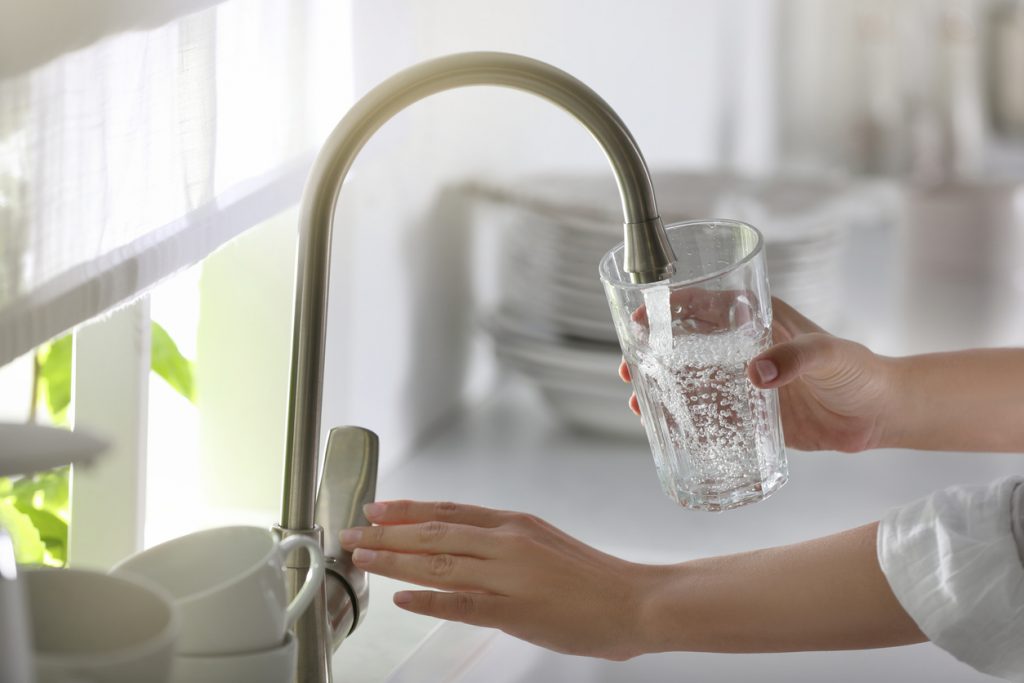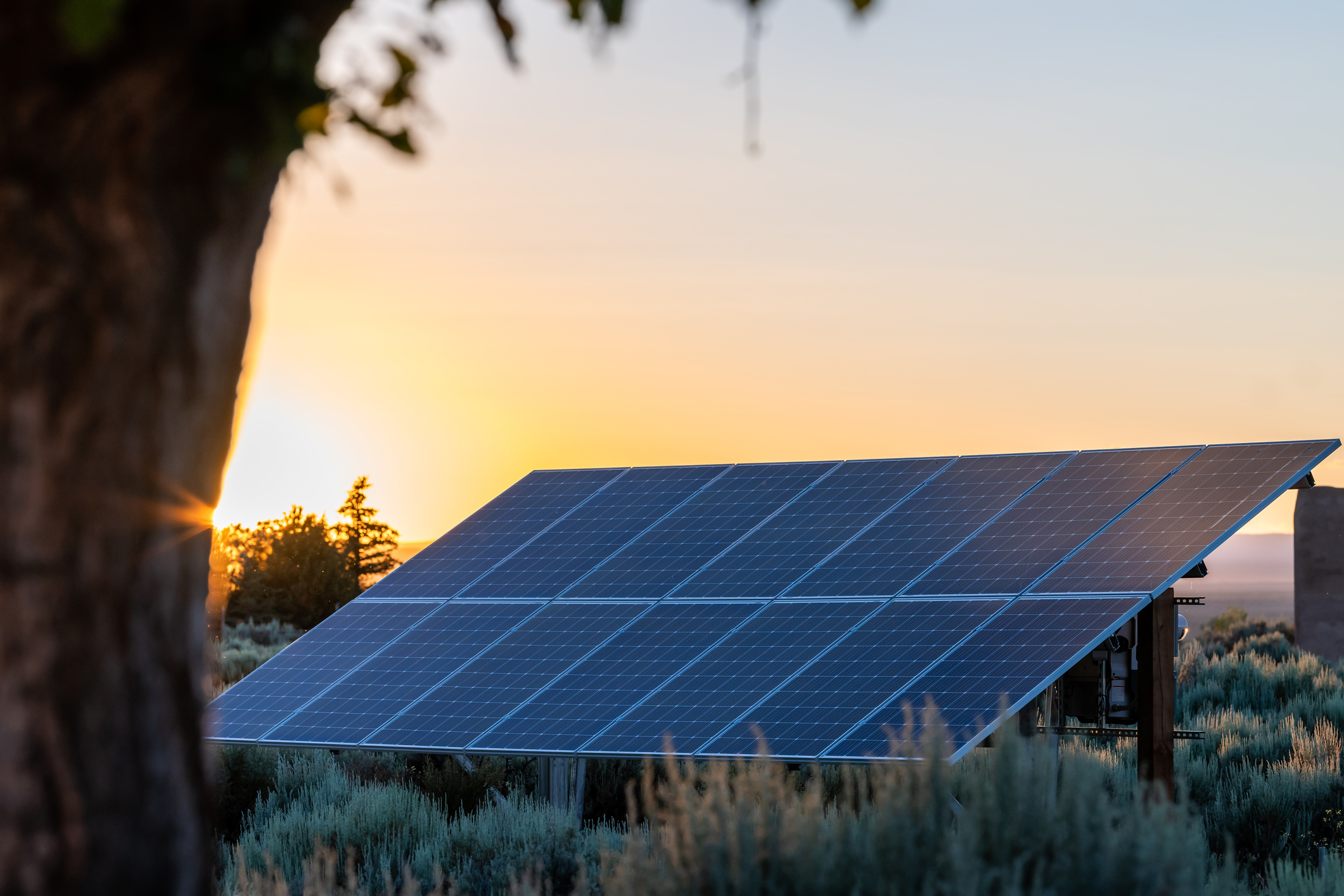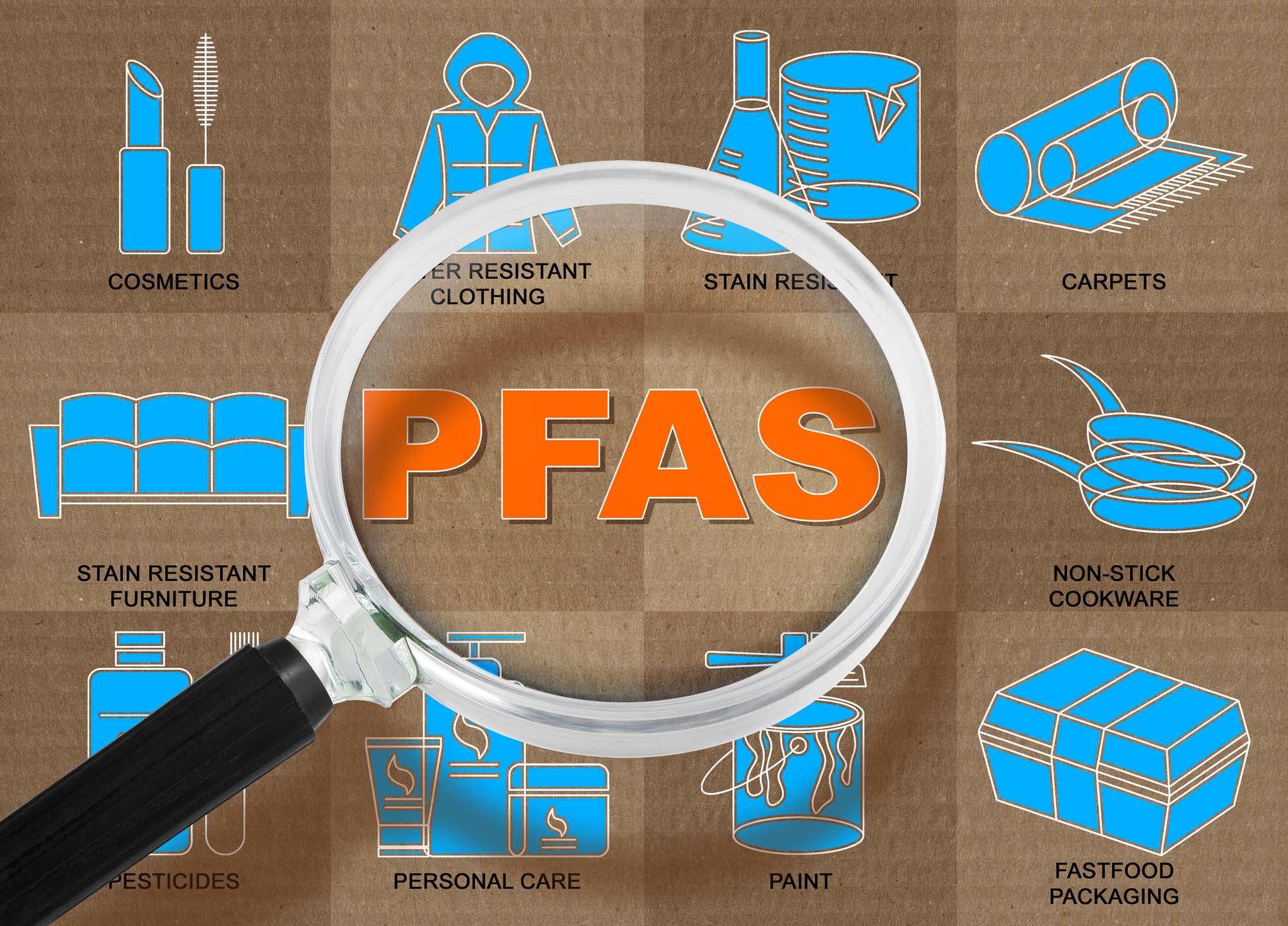
Contaminants in supplies of drinking water remain a regulatory challenge at both the state and federal levels. Recent legislation in California is the first of its kind to regulate microplastics in the drinking water. New Mexico, Michigan, and Mississippi are also facing issues of contaminated drinking water, and their state legislatures are considering measures to respond to the crises. Michigan has also passed legislation to provide for clean drinking water, while New Mexico and Mississippi are still waiting on funding to improve conditions.
California
On September 7, California’s water authorities approved the first standards in the world for testing for microplastics in drinking water, a significant step toward controlling the microplastics. Microplastics, some of which are so small they can only be seen under a microscope, have been discovered in animals and their surroundings worldwide, including human placentas, rain in the Rocky Mountains, and invertebrates in Antarctica. They enter streams through plastic debris that breaks down into little bits, tires that disintegrate on roads, and synthetic clothing that sheds fibers when washed.
The California State Water Resources Control Board overwhelmingly approved a policy manual for testing water supplies for microplastics over a four-year period following years of study involving more than two dozen laboratories. Up to 30 of the biggest water providers in the state must undertake quarterly testing for two years starting in the fall of 2023 under the policy manual.
The new rules implement a 2018 state law calling for standards setting safe drinking water levels and four years of testing to identify how ubiquitous microplastics are in drinking water.
New Mexico
Due to wildfires, New Mexico is now experiencing a drinking water crisis. The fires has caused uncontrolled erosion, resulting in contamination of the drinking water. Authorities are using $2.5 million in emergency state funds to deliver clean water from an artificial lake that was built a century ago as they scramble to find another clean water source.
According to Las Vegas (NM) Mayor Louie Trujillo, upgrading the town’s whole water filtration system is the only way to guarantee its water supply in the long run. He calculated that it would cost roughly $100 million, in a community where 32% of people are considered to be below the poverty line.
President Biden supported a plan for the federal government to reimburse losses connected to the Calf Canyon/Hermits Peak fire after a brief visit to New Mexico. A bill that would offer residents and business owners such compensation was approved by the House in July and is currently pending action in the Senate. Passing the measure, according to New Mexico senator Ben Ray Luján, a Democrat, is a top priority. Nevertheless, the bill would not cover the complete overhaul of the municipal water system.
Michigan: Safe Drinking Water in Schools and Child Care Centers
In September, the Michigan Senate approved bipartisan legislation to protect the drinking water in schools and daycare facilities.
Together, Senate Bill 184, sponsored by Sen. Jim Ananich, D-Flint, and Senate Bill 185, sponsored by Senator VanderWall, R- Ludington, instruct schools and child care facilities to create a drinking water safety plan, install filtered bottle-filling stations and filtered faucets, turn off or permanently disable any water outlets that are not filtered stations or faucets, and post signage near each water outlet indicating whether it is intended for human consumption.
Additionally, SB 184 establishes the School and Child Care Center Clean Drinking Water Fund under the Department of Treasury to help childcare facilities and schools with one-time purchases, installation, and maintenance costs for filtered bottle-filling stations and filtered faucets, as well as costs related to water sampling and testing. The department may also give out grants and buy necessary equipment in bulk to cut costs.
Mississippi
In late August, governmental officials advised the 25,000 residents of the largest city in Mississippi, Jackson, and the surrounding area not to use the water coming from their taps. After a month of water quality issues in the state’s capital city, the governor warned reporters that the current crisis went beyond a typical boil order. Jackson’s regular water difficulties got so bad in late August that President Joe Biden issued a state of emergency. Flooding and issues with the city’s water treatment facilities had caused the city’s water supply to be cut off. September 2022 saw a recovery of water pressure and the tap water is back, but the issues remain.
The federal government has stepped in and is negotiating with the City on a formal arrangement to guarantees Jackson’s ability to maintain its water system in the future. In a separate letter to city leaders, federal attorneys threatened legal action against the municipality if it did not consent to negotiations regarding its water infrastructure.
Latest News
Photo credit: iStock.com/Motortion In 2022, the U.S. Supreme Court decision in Dobbs v. Jackson Women's Health Organization overruled a federal constitutional guarantee of freedom to abortion. Since then, legislation concerning reproductive healthcare—including access to [...]
Photo credit: iStock.com/Mikhail Dmitriev State lawmakers have taken legislative action to protect wildlife, including birds such as loons and swans, from lead poisoning. We have seen states pass laws banning lead sinkers or painted lead [...]
Photo credit: iStock.com/krblokhin Solar energy deployment has continued to increase, but the spread of new projects is not comprehensive. The National Renewable Energy estimates that 42% of households cannot access behind-the-meter solar. To address the [...]
Photo credit: iStock.com/Francesco Scatena Recent trends across the country have seen several states introducing bills to ban certain chemicals, particularly perfluoroalkyl and polyfluoroalkyl substances (PFAS), in consumer products. According to the EPA, PFAS are persistent [...]






Stay In Touch